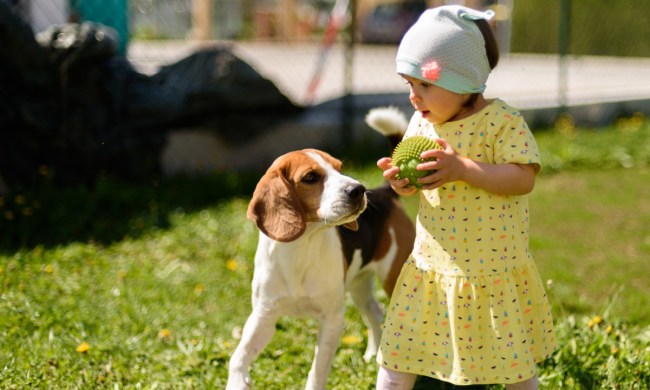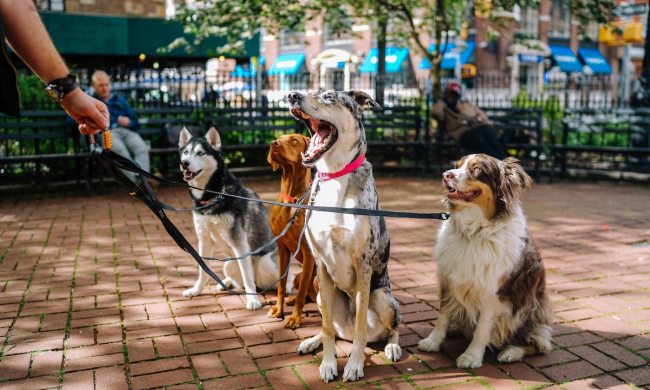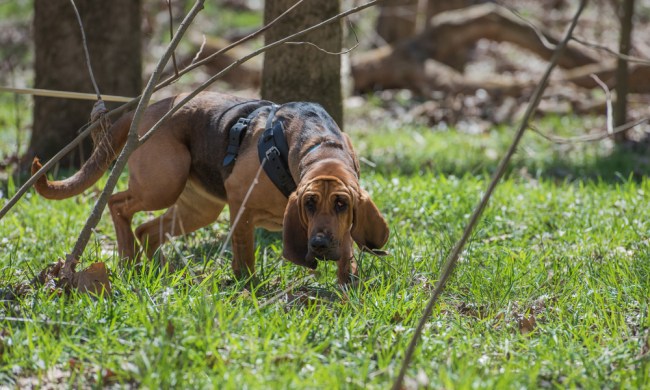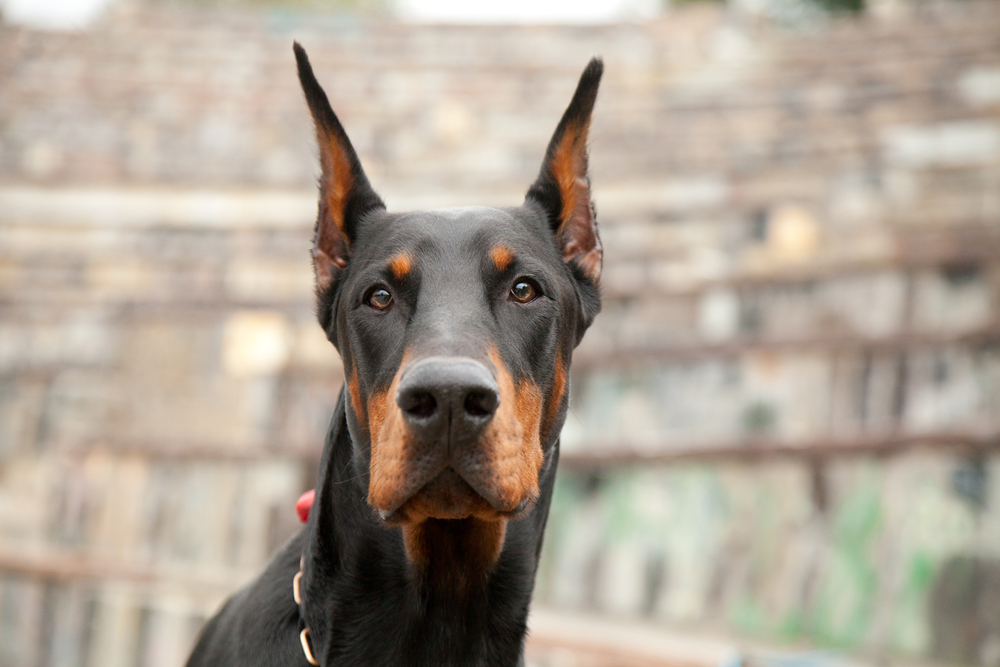
Most dogs are loyal and loving animals. That’s why we know them as humans’ best friends. They’d do anything for us. For some dogs, “anything” means protecting us with their lives. And these breeds make the best guard dogs. For many of them, it’s instinctual. They’ve evolved to protect the family they love. You’ll notice these pups keeping a watchful eye on your property. They may bark to alert you when your company arrives or the mail gets delivered.
Remember, guard animals mean well. They aren’t trying to be vicious, but instead, they want to keep you and your home safe and sound. Some prospective pet parents want this quality in a dog. If that’s you, consider these breeds that make the best guard dogs.

What is the easiest guard dog to train?
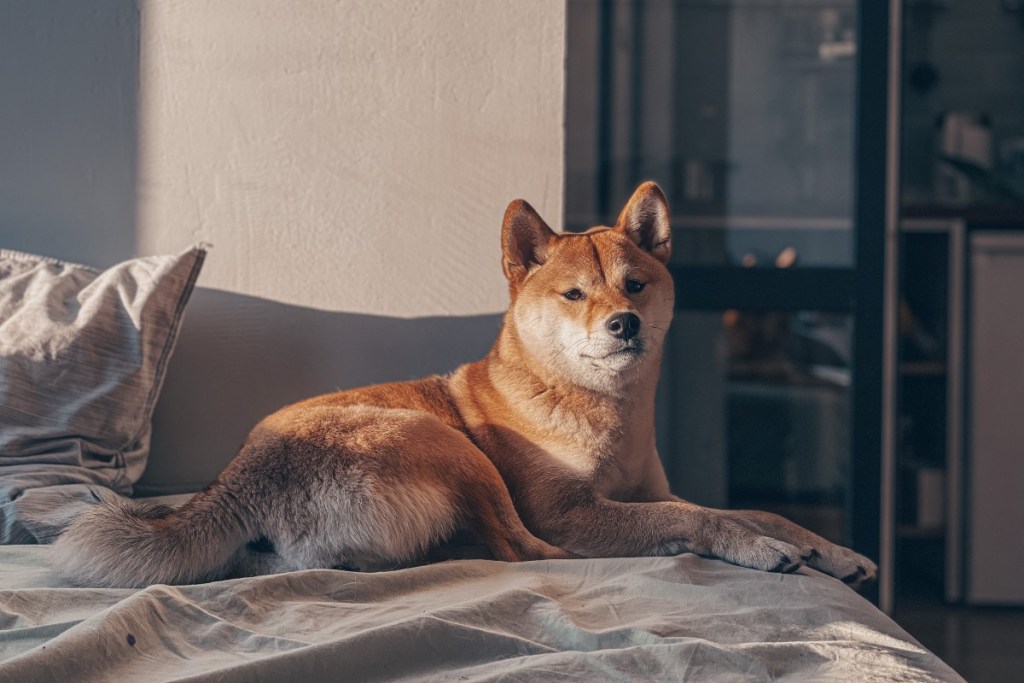
What is the most protective breed of dog?
There’s no conclusive list of most protective dog breeds in ranked order. However, Akitas are famously protective of their families and very loyal. The American Kennel Club (AKC) says Akitas are “highly vigilant,” meaning they are excellent watchdogs that guard by nature. They’re a bit reserved with strangers, too. You’ll want to be patient with an Akita when introducing them to someone new — their wariness is partially because they want to make sure the person is good to you.
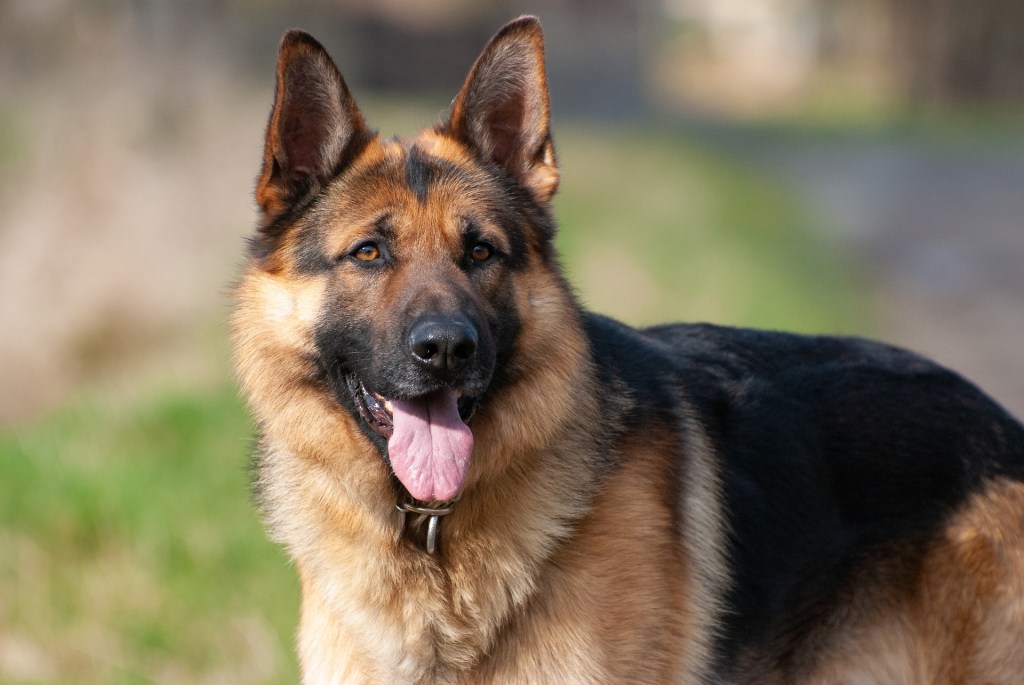
What breed makes the best guard dog for a family?
There’s no definitive list to help us answer this question, either, but German shepherd dogs (GSDs) make some of the best guard dogs for families. These big pups can grow up to 26 inches tall and weigh up to 90 lbs. Yet, somehow, they manage to have even bigger hearts. German shepherds are usually highly affectionate with their family, and they’re also typically great with little kids.
These shepherds are vigilant and protective dogs. They’re courageous animals who will stop at nothing to defend you. GSDs are trainable and adaptable, too. Pet parents can teach them the difference between “threat” and “friendly stranger.” GSDs have even shown courage and a willingness to protect others as members of the U.S. military.
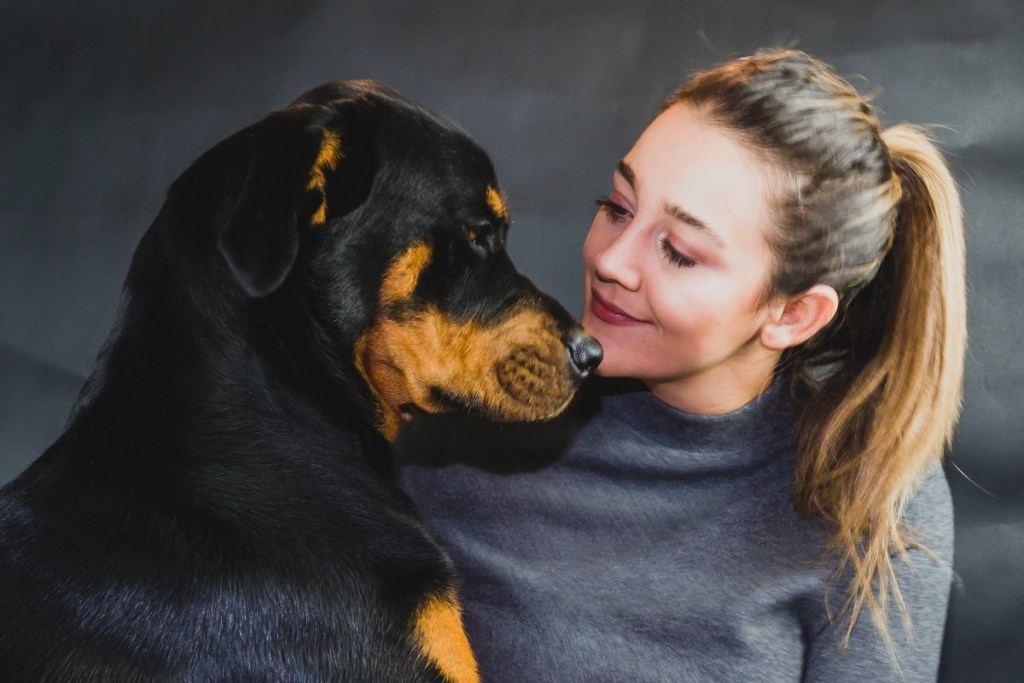
What are some other protective dog breeds I should know about?
Akitas and German shepherds make some of the best guard dogs, but other breeds are also very watchful.
Rottweiler
Rottweilers are known for being very protective of their loved ones and vigilant. That said, these dogs, which can weigh up to 135 pounds, have also gotten a reputation for being imposing and aggressive. Experts say they are playful, loving family dogs if trained properly, which can be true of any pup. The good news: Rotties are so eager to please that they are generally one of the easier breeds to train.
Boxer
Boxers are naturally very protective and relish their roles as the family watchdog. These pups aren’t serious all the time, though. They’re very loving towards their family, young children included. They love to play. Though Boxers are pretty vigilant, they’re also open to strangers. They’ll warm up to your guests fairly quickly, so it’s one less issue to worry about when you are hosting.
Cane Corso
The name Cane Corso comes from the Latin for “bodyguard dog,” and these muscular and alert pups live up to their name. They are intensely loyal to their forever family. These dogs also look every bit the part of a guard dog. They have a muscular stature and weigh more than 100 pounds as adults. That said, Cane Corsos are playful and affectionate animals. With patience and early training, they’ll learn to use their loyalty for good.
Bullmastiff
Another large breed, bullmastiffs, are natural protectors with plenty of physical strength. At 27 inches tall, these pets look intimidating, and they’re generally fearless. They’re also incredibly loving towards their family and eager to please. Bullmastiffs take well to training, which is a good characteristic. Training and socializing them young can help them accept new people and pets more easily and adapt to different situations without getting defensive.
Doberman pinscher
These brave dogs are alert and loyal, making them ideal watchdogs. Their protectiveness stems from a deep love for their families. Doberman pinschers are extremely affectionate towards their people and great with young children. They’re even open to strangers. Training and socializing them at an early age can harness their guard-dog tendencies.
There’s a difference between protectiveness and aggression. Barking or acting socially — not physically — standoffish with strangers is natural for some dogs. However, dogs who growl, snap, or lunge at another person or pet may have aggression issues. Some dogs have protective aggression, which happens when they think a loved one is in danger. Though the dog means well, it can be a problem if the animal hurts another person or animal. If you notice aggressive behavior in your pet, speak with a vet. They can give you advice and refer you to a qualified behavioral specialist who can help you work through these issues with your pet.

